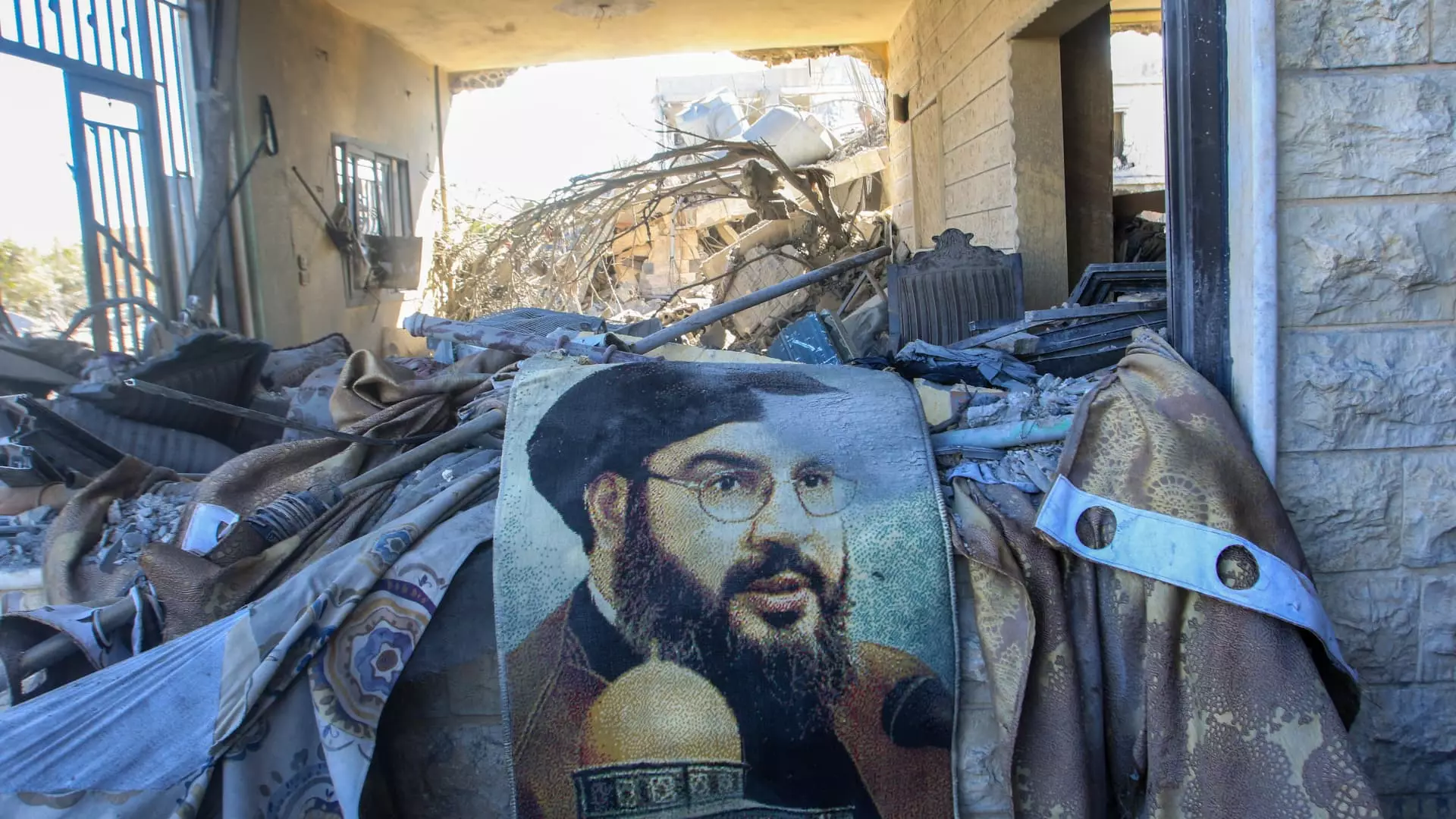The recent announcement by the Israeli Defense Forces (IDF) regarding the death of Hassan Nasrallah, the long-standing leader of Hezbollah, has sent shockwaves through the political landscape of the Middle East. This development follows a significant military operation conducted by Israel targeting Hezbollah’s stronghold in Beirut, where Nasrallah is said to have been killed along with several other senior commanders. The implications of his death extend far beyond Hezbollah, signaling a potential shift in power dynamics within Lebanon, the region, and beyond.
The IDF’s assertion that Nasrallah was the “central decision-maker” of Hezbollah underscores his critical role in shaping the group’s strategies over nearly three decades. His leadership style and decisions have resonated deeply with Hezbollah’s base, transforming the organization into one of the most formidable paramilitary forces globally. However, the death of a figure so intricately tied to Hezbollah’s identity raises questions about the future of the organization itself. As political analyst Ronnie Chatah aptly noted, Nasrallah’s assassination could symbolize a turning point that renders Hezbollah less cohesive and influential.
The absence of Nasrallah creates a significant void within Hezbollah and the broader Shia political landscape in Lebanon. His charismatic leadership and political acumen have allowed Hezbollah to navigate complex regional tensions and maintain a semblance of unity among its ranks. Without him, the group’s internal coherence could fracture, leading to potential power struggles as different factions vie for leadership and influence.
Moreover, the implications of this political vacuum extend into Lebanon’s complex sectarian framework. Firas Maksad, a senior fellow at the Middle East Institute, posits that Nasrallah’s assassination may exacerbate political polarization in Lebanon, a nation already teetering on the brink of chaos. As various sectarian groups assess their positions in a post-Nasrallah landscape, it is likely that tensions could escalate, potentially leading to increased violence and instability.
The ripple effects of Nasrallah’s death are likely to be felt beyond Lebanon. His role as a prominent figure in the Iranian sphere of influence has positioned him as a key player in the broader geopolitical tug-of-war between Iran and Israel. The potential for increased confrontation between these nations looms large in the aftermath of this event. With Nasrallah gone, it remains to be seen how Iran will recalibrate its strategy in the Levant and whether it will seek to elevate another leader within Hezbollah as a means of maintaining its influence.
Additionally, the assassination poses risks for Israel as well. Though they view Nasrallah’s death as a triumph, it could ignite retaliatory measures from Hezbollah or its Iranian backers. The power vacuum may compel Hezbollah to act more decisively to reaffirm its authority, which could lead to escalated military engagements between Israel and the newly redefined Hezbollah.
In light of these developments, the Middle East stands at a crossroads. The killing of Hassan Nasrallah marks not only the loss of a pivotal leader but also heralds a period of potential transformation for Hezbollah and Lebanon as a whole. It is critical to observe how Hezbollah will evolve in leadership and ideology following this significant event. While the group is unlikely to dissolve entirely, its ability to maintain its former level of influence without Nasrallah is dubious.
Critically, the interplay of local, regional, and international responses will shape the narrative of what lies ahead. As the dust settles and the political landscape shifts, the world will be watching closely to see whether the assassination represents the beginning of a new chapter marked by renewed conflict or the potential for a reevaluation of power and influence in the region.
While the death of Hassan Nasrallah is certainly a pivotal moment for Hezbollah, it also offers a glimpse into the uncertain future of Lebanon and its surrounding territories. How the various factions within Lebanon respond, and how external actors position themselves, will ultimately determine the course of this now-altered landscape.


Leave a Reply